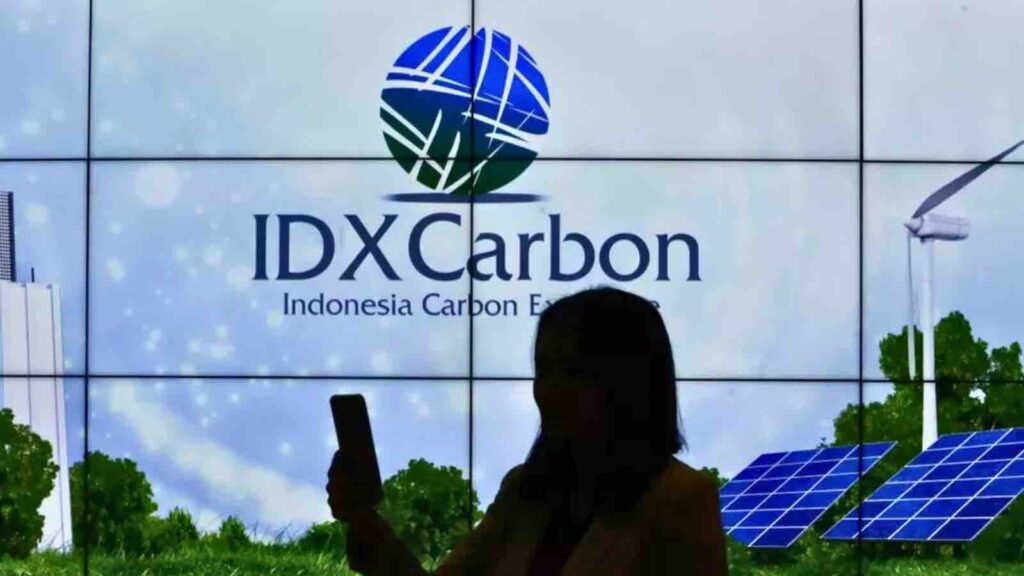Established in 2023, IDXCarbon stands as Indonesia’s sole carbon exchange, offering a range of benefits to attract participants.
Jakarta, ChangeMakr Asia – The Indonesia Stock Exchange (IDX) is positioning its carbon trading platform, IDXCarbon, to facilitate both local and international transactions, marking a significant step in the country’s efforts to combat climate change through market mechanisms.
RELEVANT SUSTAINABLE GOALS

IDXCarbon
Established in 2023, IDXCarbon stands as Indonesia’s sole carbon exchange, offering a range of benefits to attract participants. These include zero registration fees for carbon units until September 25, 2024, and the absence of annual, dormant account, or membership fees. As of July 18, 2024, the exchange has seen growth to 68 users, with trading volumes reaching 609,005 tCO2e.
Irvan Susandy, Director of Trading and Member Regulation at IDX, confirmed the exchange’s readiness for international transactions during a webinar on Indonesian Carbon Trading and Exchange. “Fundamentally, IDXCarbon’s system is prepared for both local and international transactions, with procedures set to be uniform for all participants,” Susandy stated.
This sentiment was echoed by Lufaldy Ernanda, Director of Carbon Exchange Supervision at the Financial Services Authority (OJK), who indicated that international trading could commence without waiting for new regulations from the Ministry of Environment and Forestry. “Suppliers with carbon units can simply submit a letter expressing their intention to trade internationally,” Ernanda explained.
The OJK has been coordinating with various government ministries to streamline the process, including the Ministries of Environment and Forestry, Energy and Mineral Resources, Maritime Affairs and Investment, Home Affairs, and Foreign Affairs.
IDXCarbon operates on the “polluter pays principle,” imposing additional costs on emission producers while incentivizing entities that reduce emissions. The exchange facilitates trading in two types of carbon units: allowances, which are government-set emission limits for businesses, and carbon offsets, which are verified emission reduction certificates.
Ernanda highlighted the potential in the voluntary carbon market, noting thousands of potential suppliers amid high demand. However, he pointed out that of the five sectors in Indonesia’s Nationally Determined Contributions (NDC), only the power generation sub-sector within the energy sector has seen allowance trading thus far.
You may also be interested in :
Malaysia Enters Carbon Credit Market With Inaugural Forest Conservation Auction




